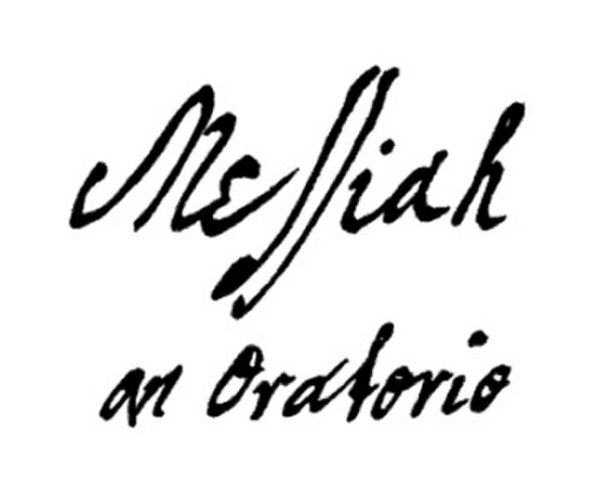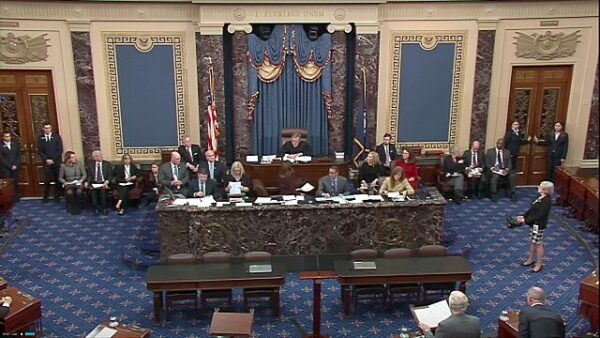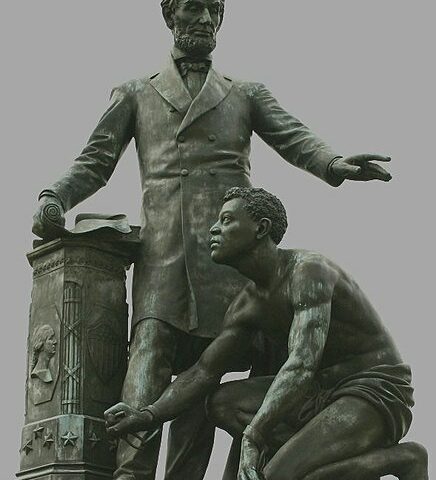On September 14, 1741, George Frideric Handel completed one of the most celebrated pieces of music in history: the oratorio Messiah. This monumental work, which has become a cornerstone of Western choral literature, was composed in a remarkably short span of just 24 days. Handel’s Messiah is not only renowned for its extraordinary musicality but also for its profound spiritual depth, capturing the essence of Christian belief through its rich tapestry of arias, choruses, and orchestral passages.
At the time of composing Messiah, Handel was at a significant crossroads in his career. The early 1740s had been challenging for him both professionally and personally. His operas, once highly popular, were losing favor with London audiences, and he was facing increasing financial difficulties. Adding to his troubles, his health had been in decline; a stroke in 1737 had left him temporarily paralyzed. Despite these adversities, Handel remained a resilient and determined composer. He turned his focus to the oratorio form, a genre that allowed for grand, dramatic storytelling without the need for elaborate staging or costumes.
The idea for Messiah originated from Charles Jennens, a wealthy landowner and devout Anglican who had previously collaborated with Handel. Jennens compiled a libretto drawn almost entirely from the Bible, focusing on the prophecy of the coming of Christ, His birth, passion, resurrection, and eventual return. The libretto was divided into three parts, each telling a portion of the story, which allowed Handel to explore a wide range of musical expression.
Handel’s decision to take on this project came at a time when oratorios were becoming increasingly popular in England, partly because they were performed during Lent when operas were prohibited. Yet, Messiah was different from the typical oratorios of the time, which often centered on Old Testament stories. Jennens’ text was a reflection on the Christian faith, an exploration of Christ’s divine mission, which was a daring departure from the more secular themes that dominated the stage.
Handel began composing Messiah on August 22, 1741, in a fervor of creativity. The speed with which he completed the work was nothing short of miraculous. Over the course of just 24 days, he composed over 250 pages of music, a feat that has contributed to the legendary status of the piece. Accounts suggest that Handel worked almost nonstop during this period, barely eating or sleeping. When he finished the Hallelujah Chorus, he is said to have remarked, “I did think I did see all Heaven before me, and the great God Himself.” This statement captures the sense of inspiration and divine guidance that Handel felt during the composition.
The first performance of Messiah took place in Dublin on April 13, 1742, as part of a charity event. It was an immediate success, with the audience reportedly so moved that many stood during the Hallelujah Chorus—a tradition that continues to this day. Although the initial reception in London was more subdued, Messiah eventually gained immense popularity, becoming a fixture of the Christmas season and one of the most frequently performed choral works in the world.






